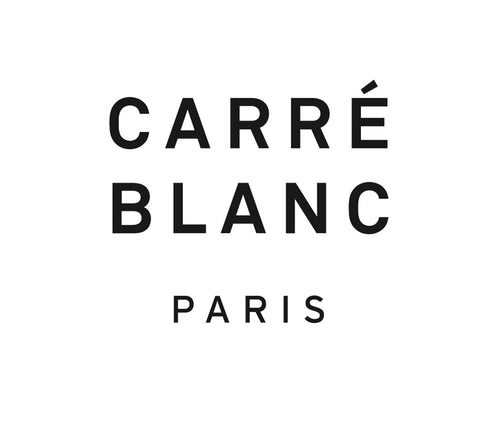The GOTS "Global Organic Textile Standard" label has been in existence since 2006 in the industrial and commercial sectors. It is recognised as a global benchmark. It is the most comprehensive certification for organic textiles.
It ensures
Organic textile quality from the harvesting of raw materials right through to labelling, to offer consumers a reliable guarantee.
Environmentally responsible manufacturing
Production stages that respect and improve the social conditions of workers.
All GOTS-certified products offer a guarantee of responsible textile production from a health, ecological and social point of view.
What does the GOTS label certify?
Health : The GOTS label certifies that cotton, flax and hemp are grown without insecticides, pesticides or GMOs. It guarantees the absence of products that are allergenic, carcinogenic or dangerous to health.
Ecology : Organic cotton uses 50% less water than conventional cotton throughout the production chain. Ecologically sound dyeing, with no bleaching using heavy metals such as lead or chromium, which are a significant source of pollution for the planet.
Social : The GOTS label guarantees decent working conditions and wages for farmers and employees by promoting fair trade;
The rules to respect
The environmental rules
Only textile products containing at least 70% certified organic fibres can be certified with the GOTS label. They must be assessed and comply with a number of rules on toxicity and biodegradability.
The social rules
Textile processors and manufacturers must respect the social criteria set out in the standards of the International Labour Organisation (ILO). This includes decent pay, correct working hours and a strict ban on child labour.
The rules of toxicity and biodegradability
All chemical materials must meet a number of environmental and toxicological criteria. Inputs such as aromatic or halogenated solvents, chlorophenol, detergents, formaldehyde, fungicides or biocides, functional nanoparticles, genetically modified organisms (GMOs) and their enzymes are categorically banned. Heavy metals and azo dyes that release carcinogenic amino compounds are banned. Printing methods using aromatic solvents and plastisol printing methods using phthalates and PVC are banned. Bleaching agents must be oxygen-based and not chlorine-based. PVC, nickel and chromium are banned. Since 2014, all polyesters must be recyclable. With regard to biodegradability, all players in the supply chain must follow an environmental policy including objectives and procedures aimed at minimising waste and discharges. The materials used for packaging must never contain PVC. All paper and cardboard used in packaging or labels must be recyclable or FSC or PEFC certified.
Natural and organic fibre
What is a natural fibre ?
A natural fibre is made from materials derived from nature: cotton, linen, hemp, wool, etc. A natural fibre is not necessarily an organic fibre, as it may undergo chemical treatments during the manufacturing process.
What is an organic fibre ?
Organic fibre is always made from natural fibre. It is grown without insecticides, pesticides or GMOs. Compost or manure are used as organic fertilisers instead.
